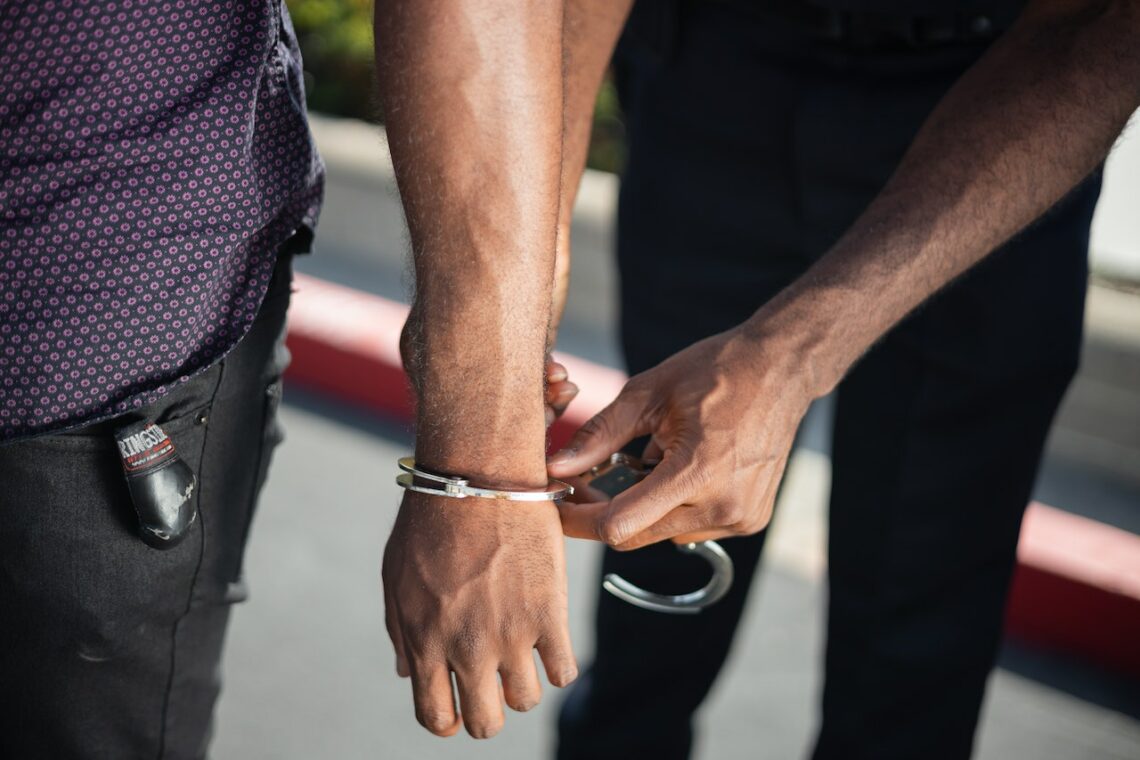What to Do If You Have Been Arrested For a DUI
If you have been arrested for a DUI, the first thing you need to do is find out what your options are. You need to get an evaluation for your alcohol levels, as well as a copy of your police report. After this, you can start taking a DUI class and getting your SR-22 certificate.
Get a copy of the police report
If you are arrested for a DUI, you may be able to get a copy of the police report. This report documents the stop, field sobriety tests, and arresting officer’s testimony. It provides details of the driver’s appearance, the operation of the vehicle, the smell of alcohol, and other symptoms of intoxication.
During a DUI stop, the officer will make observations that lead them to believe that the driver is under the influence. These include a slurred speech, bloodshot eyes, and a drunken smell. The officer will also likely testify about the field sobriety tests and the results of the breathalyzer and urine tests.
Police reports can be useful in helping attorneys understand the officer’s testimony and the possible defenses that a defendant might raise. The report gives an indication of how the prosecution will attempt to prove a DUI charge.
Most people do not receive copies of their police report until their first court appearance. They can request a copy during the discovery process. However, it can be difficult to obtain a report from the police.
Some police departments have specific requirements for requests. You can check the website of your city’s police department to determine what you need to provide. Once you submit a request, the police will notify you via email or through the Police Public Records portal.
A DUI arrest report is the most important evidence in a DUI case. It includes information about the driver’s operation of the vehicle, observations of the driver, and the answers to questions provided by the charged individual. Although it can be challenging to secure a copy of the police report, a DUI lawyer can help you do it.
Take an alcohol evaluation
Whether you have been charged with a DUI or you are simply trying to show your innocence, taking an alcohol evaluation is a good idea. This assessment will help you determine whether or not you have a substance abuse problem and if you need to seek treatment. It also helps you avoid further penalties.
Most states require that drivers pay for alcohol evaluations. The fee may range from $150 to $250. Some facilities offer free or inexpensive evaluations. Usually, you can choose from a list of approved providers.
Alcohol evaluations are typically conducted by a certified treatment provider. They will review your criminal history, driving record, and drug and alcohol urinalysis results. You should be honest during the assessment. If you lie, you can hurt your case.
You will receive a report that is sealed. It is then placed in your court file. Only prosecutors and judges can see it. Your judge will use the report to decide your sentence.
A drug and alcohol evaluation can be ordered by a court after you have been charged with a DUI. Sometimes it is a condition of your probation. In some states, you will have to meet with a substance abuse professional for a face-to-face assessment.
If you are convicted of a DUI, your license will be revoked. You may also have to participate in drug and alcohol rehabilitation. There are four levels of therapy that you can enroll in.
You can take a voluntary assessment if you want to make a good impression on the trial judge. The judge may allow you to avoid more serious consequences if you take the evaluation.
Taking an alcohol evaluation can also help you avoid further consequences if you have a high blood alcohol level. When this is the case, you can contact New Directions for a professional assessment.
Take a DUI class
If you’ve been charged with a DUI, chances are that you’ll need to attend a DUI class. This is a part of the process that helps educate you about driving under the influence, and it can also help you find ways to avoid being arrested again.
The length of your DUI class will depend on the severity of your offense. A first-time offender may only need a few hours of class, while a repeat offender will need several weeks of intensive DUI courses.
There are many reasons to take a DWI class, including improving your driving record and teaching you how to control your drinking and drug use. But before you make the plunge, check with your local courts to see what your options are.
In most cases, you will be required to enroll in a program that will last anywhere from six to thirty months. The length of your course will depend on the amount of alcohol you consumed, as well as your BAC (blood alcohol content) at the time of your arrest.
In some states, you may be able to take an online class. However, this type of class may not be available in your area, and you may not be able to choose a class provider that’s right for you.
Taking a DUI class is not a simple task. Your instructor will expect you to be attentive and responsible, and will not tolerate any disrespect. You’ll need to show proof that you’ve taken the class if you’re charged with a DUI.
If you’re convicted of a DUI, you’ll face a range of penalties, from fines and jail time to alcohol and drug treatment counseling and even community service. Even if you’re not a repeat offender, you’ll need to complete a DUI class if you want to keep your license intact.
Get an SR-22 certificate of financial responsibility
If you’ve been arrested for driving under the influence, you may be required to get an SR-22 certificate of financial responsibility. This can affect your car insurance rates, and even your driver’s license.
SR-22 certificates are required by the Department of Motor Vehicles (DMV) for drivers who have had their licenses suspended or revoked for a DUI offense. They are also necessary for drivers who drive uninsured.
The cost of SR-22 auto insurance will depend on where you live and how much you drive. For instance, if you have a good driving record, you can expect your insurance rate to decrease after three years. However, if you have a bad record, you could pay as much as four or five times the usual premium.
Getting SR-22 insurance can be a challenge. You’ll need to contact your insurance provider, and you should consider getting an independent quote. A company that specializes in SR-22 insurance can give you information about your state’s requirements.
There are two types of SR-22s: FR-44 and SR-22A. FR-44 certificates are similar to SR-22s, but they have higher liability requirements. SR-22s are typically only required in states that have a mandatory SR-22 policy.
When a person gets a DUI or is arrested for another serious driving violation, they can face significant penalties and surcharges. Their driver’s license can be suspended, which requires a hearing. It is important to understand when you should file for an SR-22.
Whether you’re planning to buy a new vehicle, or have an existing one, you should make sure it meets the SR-22 requirements of your state. You can ask your insurer for more information on SR-22s, or contact your state’s department of motor vehicles for assistance.
Avoid driving after a dui suspension
Driving after a dui suspension can be a scary experience. Not only do you face the risk of a license revocation or jail time, but you also have to pay fines and keep a clean driving record.
In many states, it is illegal to drive after a DUI suspension. The penalties are a little bit more severe than the usual driving under the influence charge. For instance, if you are caught driving after a suspension, you may be charged with driving under the influence or public intoxication.
The best way to avoid a court-ordered license suspension is to never drive under the influence. While this is not possible in every state, it is a good idea to keep your driving privileges.
You may also be able to obtain a restricted license while your license is suspended. These are usually accompanied by an ignition interlock device.
A more expensive and complicated solution is to hire a lawyer. This will allow you to fight your DUI charges. It is important to act quickly when facing a charge like this. When you are represented by a lawyer, it is much more likely you will be given a second chance.
Other options include a hardship license or the shortest possible sentence. Hardship licenses allow you to drive to work, go to school, or go to your doctor’s office. They are often accompanied by an incentive, such as a reduced insurance rate or points on your driving record.
Getting a temporary permit is not always a viable option, but if you are caught driving on a suspended license, you could be looking at a long term criminal record and higher insurance costs.








